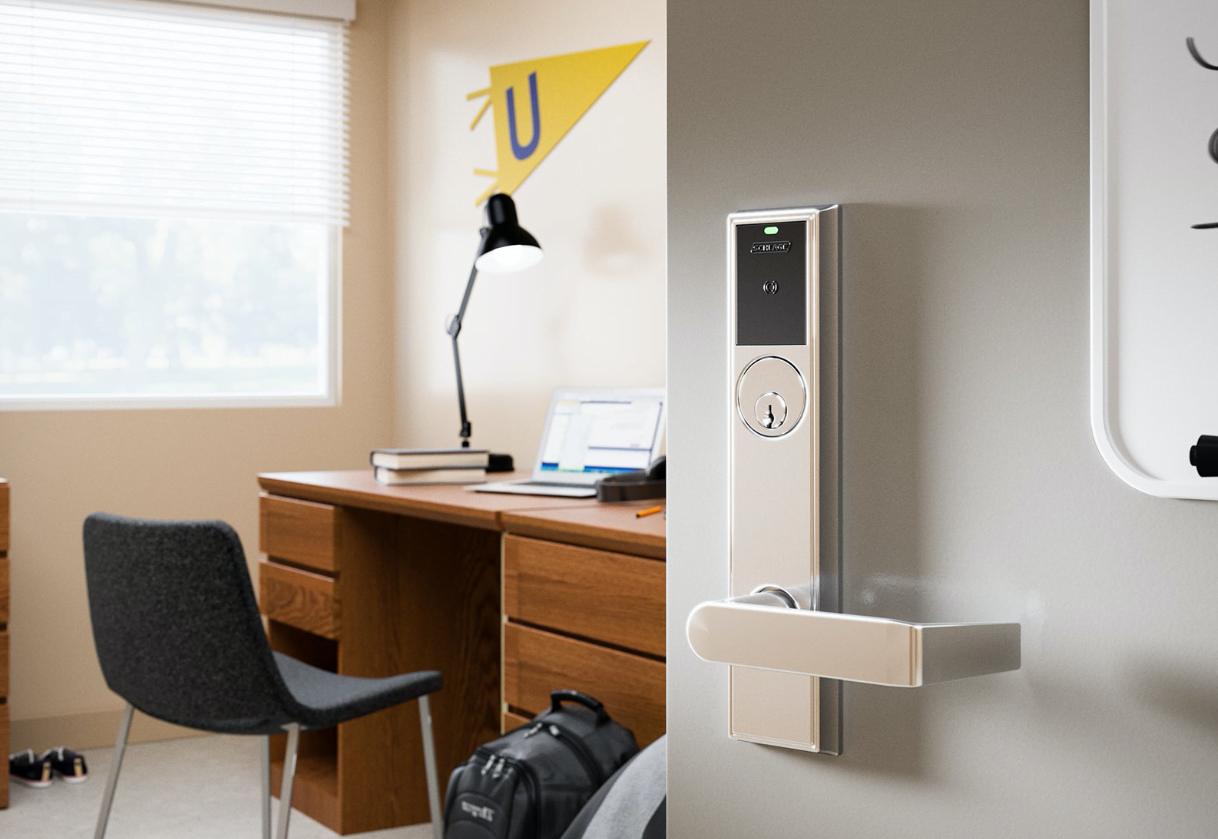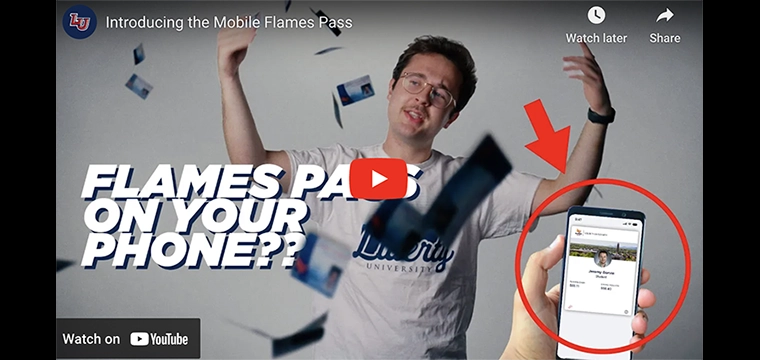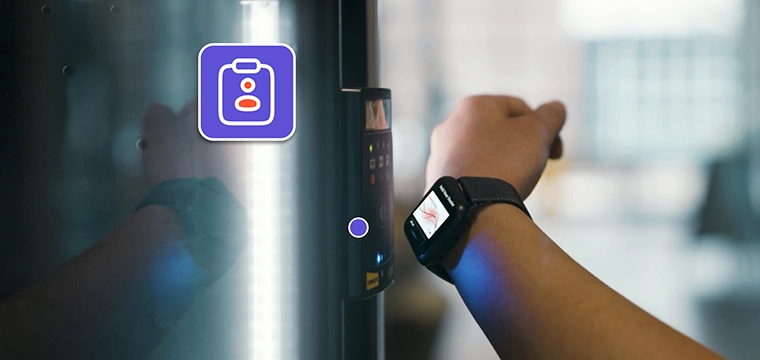
Understanding wireless access basics and the value of a keyless campus experience
 By Jeff Koziol, business development manager, Software OEM Partners, Allegion
By Jeff Koziol, business development manager, Software OEM Partners, Allegion
The evolution from mechanical, to wired, to wireless continues to impact the security industry, and higher education campuses are among the environments benefiting from the flexibility and efficiencies wireless solutions offer. While wired and mechanical solutions have their place on campus, wireless electronic locks complement these to expand the value of electronic security to more openings.
To understand the value, let’s explore the advantages of wireless:
Wireless locks complement existing security solutions and can be tailored to fit varying security needs. Universities of all sizes can upgrade traditionally mechanical doors and extend the value of wireless electronic access control throughout campus. These devices are easy to install, affordable and can overcome architectural limitations where running wire is difficult and costly. They are ideal for interior openings like student rooms, faculty offices, lab spaces and classrooms.
As wireless electronic locks are integrated into a campus’s access control system, personnel can configure locks, assign schedules, and access reports and insights that aren’t possible with mechanical locks. Utilizing real-time data and technology allows schools to manage their facilities as well as the staff or occupants inside to make informed, proactive decisions.
Wireless locks are easy to install, affordable and can overcome architectural limitations where running wire is difficult and costly. They're ideal for interior openings like student rooms, faculty offices, lab spaces and classrooms.
In the event of an emergency, a campus can lockdown all or portions of its campus from a centralized location. Wireless devices extend electronic access control to more interior doors, adding an additional layer of protection during a crisis.
Another benefit of wireless locks over mechanical options is universities can instantly activate and deactivate campus ID cards, and the system tracks who has access to areas on campus. There’s no need to worry about mechanical keys floating around. Mechanical key override can still be an option, but facilities can reduce the distribution of those keys to just the campus lock shop and public safety personnel.
Beyond security, electronic credentials reduce the cost and time associated with the traditional rekeying of a mechanical lock. If a student, faculty or staff member loses an ID card it can be deactivated, and a new credential can be issued in minutes versus the hassle of rekeying a mechanical door.
Campuses can often install more wireless locks in the same cost parameters as a wired solution because eliminating the need to run wires to each opening dramatically reduces labor costs.
Also among the advantages to universities is the return on investment. Campuses can often install more wireless locks in the same cost parameters as a wired solution because eliminating the need to run wires to each opening dramatically reduces labor costs. Once installed, maintenance teams can spend less time manually visiting each opening. Instead, schedules can be deployed to lock up buildings, classrooms and other spaces at set times.
Students value the conveniences that wireless devices offer, like a single credential for access. While main entrances often use wired hardware, it’s not feasible to hardwire every interior door.




